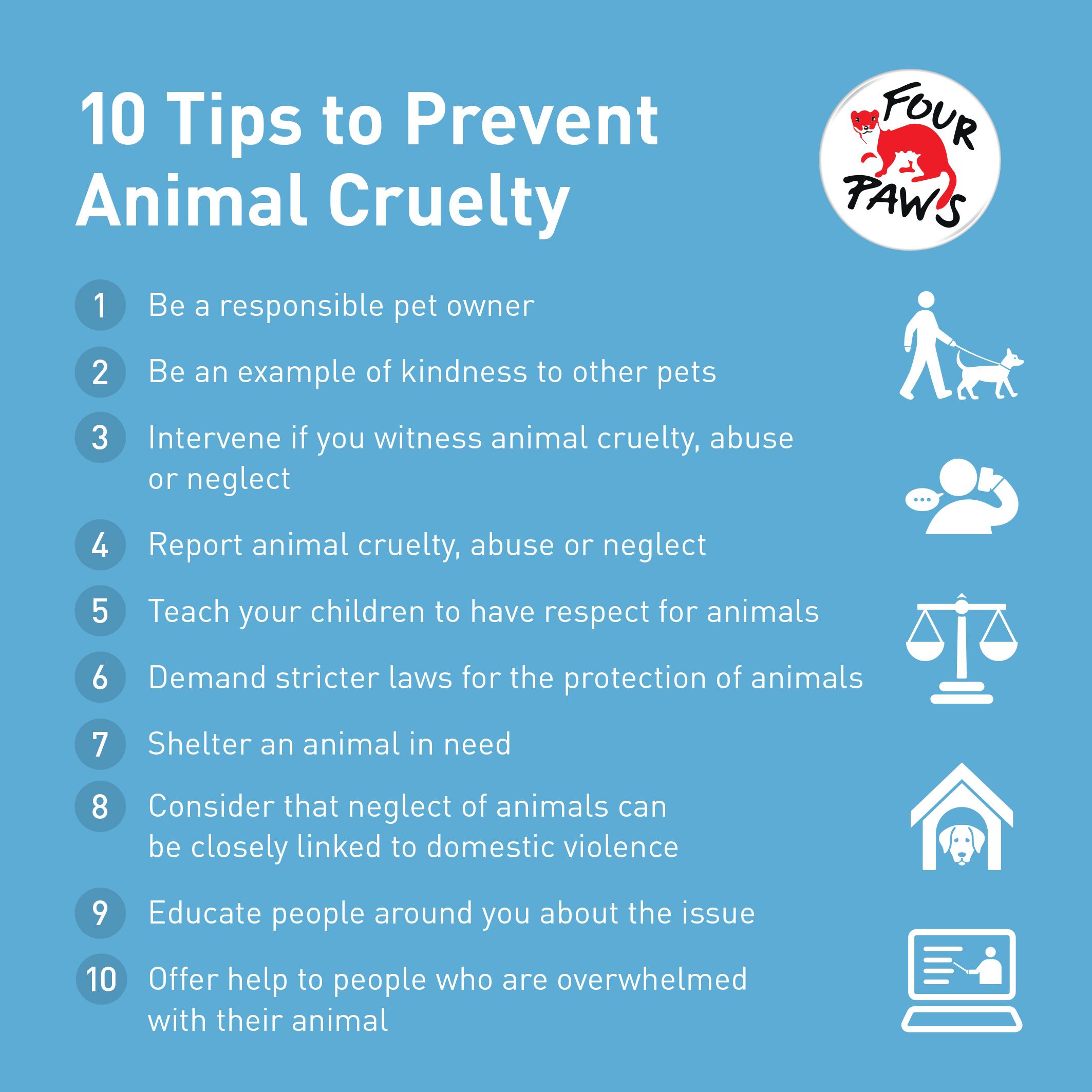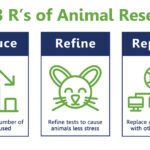Animal cruelty remains an endemic problem that plagues societies around the globe. While various laws aim to curb these heinous acts, the reality is that legislation alone is insufficient for creating a sustainable solution. In order to effectively combat cruelty towards animals, we must comprehend the nuanced factors that contribute to this issue. An integrative approach, which encompasses education, legislative reform, community involvement, and rehabilitation, is essential for enacting lasting change.
Understanding the Root Causes of Animal Cruelty
Before devising effective solutions, it is imperative to analyze the underlying causes of animal cruelty. Frequently, societal attitudes towards animals dictate how they are treated. In many cultures, animals are viewed as mere possessions rather than sentient beings deserving of respect and compassion. This perspective fosters environments where neglect, abuse, and exploitation can flourish.
Moreover, socio-economic factors play a critical role. Individuals grappling with poverty and systemic inequality may inadvertently perpetuate cycles of violence against animals, as they struggle to meet their own basic needs. Additionally, a lack of education and awareness about humane treatment can lead to negligence. Recognizing these complexities allows for a more informed approach to prevention and intervention.
Enacting Legislative Reform
While laws that prohibit animal cruelty exist in myriad forms, the enforcement of these regulations often falls short. To end animal cruelty effectively, countries must not only establish stringent laws but also ensure that they are actively enforced. This necessitates collaboration among local law enforcement agencies, animal welfare organizations, and legislative bodies. Implementing comprehensive training programs for law enforcement officials can enhance their understanding of animal rights and appropriate investigative procedures.
Additionally, legislation should be broadened to encompass preventative measures, such as mandatory education in schools about the ethical treatment of animals. Integrating humane education into curriculums from a young age can cultivate empathy and responsibility towards animals, fostering a generation that values the sanctity of all living beings.
Promoting Educational Initiatives
Education is a formidable weapon in the fight against animal cruelty. In order to shift societal attitudes, it is crucial to disseminate information regarding the implications of animal abuse and the benefits of humane treatment. Campaigns utilizing social media platforms can effectively reach diverse audiences. This can include poignant imagery, compelling statistics, and firsthand accounts that evoke empathy. Storytelling becomes a pivotal tool, enabling communities to connect emotionally with what is often an abstract issue.
Workshops and community programs dedicated to responsible pet ownership, animal welfare, and the benefits of adopting pets from shelters can also deliver impactful information. These initiatives can demystify the misconceptions that fuel cruelty, such as the need for thorough training and socialization of pets. By equipping individuals with knowledge, society lays the groundwork for lasting change.
Establishing Community Involvement and Volunteer Opportunities
A proactive community approach fosters a collective responsibility towards combating animal cruelty. Establishing volunteer programs can galvanize individuals into action. Whether through fostering, adopting, or providing hands-on support to local shelters, community members can tangibly contribute to the welfare of animals. Partnerships with local businesses can further amplify these initiatives, creating a network of support that underscores the importance of humane treatment.
Moreover, organizing community events such as adoption drives and educational seminars can illuminate the plight of animals in need. When citizens become actively engaged, they not only cultivate compassion but also instigate conversations around the importance of prevention, awareness, and advocacy.
Implementing Rehabilitation Programs
Robust rehabilitation programs for both animals and offenders must form a core component of any comprehensive strategy against animal cruelty. Individuals caught in cycles of abusive behavior can benefit from mental health support and counseling aimed at addressing underlying issues. Programs designed to educate offenders about empathy can facilitate a transformative understanding that may eventually mitigate future harm.
Concurrently, animals rescued from abusive conditions necessitate thorough rehabilitation. Shelters should have access to resources that allow for proper medical treatment, behavioral therapy, and socialization. This investment not only aids in their recovery but also enhances their chances of finding loving homes. The aftercare of these animals fuels the larger mission of advocating for humane practices.
Creating a Culture of Advocacy
Ultimately, to abolish animal cruelty, society must foster a culture of advocacy where individuals are encouraged to speak out against injustice. This involves empowering citizens to report suspected cruelty cases and ensuring that they possess the tools needed to do so. Legal frameworks should protect whistleblowers, creating an environment conducive to intervention. Public discussions surrounding animal rights should be normalized, allowing for increased visibility of the issue.
As communities coalesce around this cause, the collective voice becomes a formidable force against cruelty. Through shared advocacy, individuals can inspire legislative changes while simultaneously reorienting societal values towards compassion and respect for all living beings.
Conclusion
In conclusion, ending animal cruelty requires a multifaceted and collaborative approach. By understanding the root causes of the issue, enacting effective legislation, promoting education, fostering community involvement, and implementing rehabilitation programs, society can progress towards a future devoid of cruelty. The onus lies upon each individual to contribute to this noble endeavor. Together, the vision of a humane world where animals are treated with dignity and respect can become a reality.






